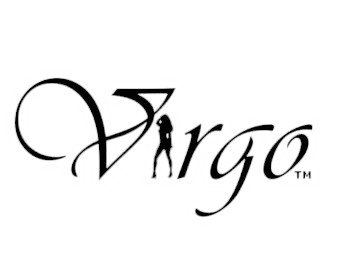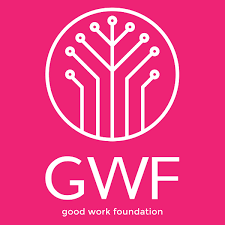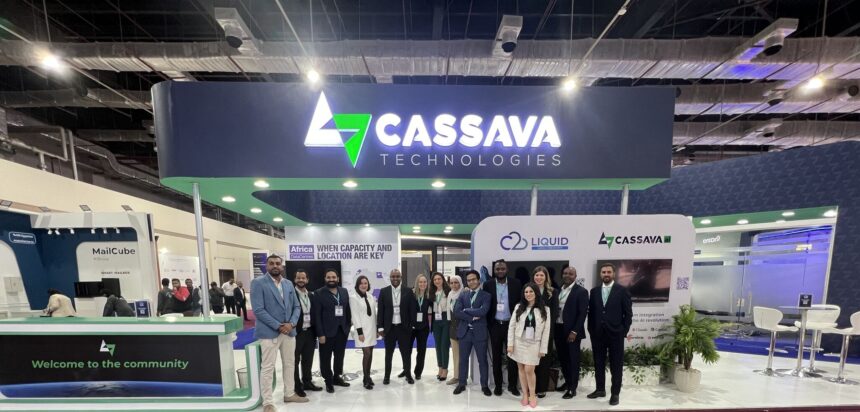South Africa Strengthens Nuclear Safety with New Legislation
South Africa’s new nuclear safety law enhances oversight, protects defence facilities, and aligns the country with global safety standards. Read more about this significant development.
Government Tightens Anti-Money Laundering Laws Ahead of FATF Review
South Africa proposes strict amendments to its Anti-Money Laundering Bill to meet FATF standards ahead of a crucial May 2025 review.
Major Transformation Ahead for South African Post Office Following New Law
President Cyril Ramaphosa signs the South African Post Office Amendment Bill into law, transforming the postal service into a modern, multi-functional hub for government, business, and community services.
OpenAI Unveils Advanced AI Model O3 to Revolutionise Reasoning
OpenAI unveils its advanced AI Model O3, promising superior reasoning capabilities and heightened safety features, raising the bar in the AI arms race.
Cyril Ramaphosa Signs BELA Act Into Operation, Paving Way for Education Reform
President Cyril Ramaphosa has officially enacted the Basic Education Laws Amendment (BELA) Act, effective 20 December 2024. This landmark legislation aims to transform South Africa's education system by strengthening admissions…
Rassie Erasmus Honoured for Promoting Unity and Pride in South Africa
Rassie Erasmus is honoured for his role in uniting South Africa and promoting national pride. Recognised by the FW de Klerk Foundation, his leadership continues to inspire millions.
Virgin Music Group Acquires Downtown Music: A New Chapter for Sheer Publishing
In a groundbreaking announcement, Virgin Music Group has acquired Downtown Music, a move that marks a significant shift in the global music industry.
Major Retaliation Expected After Death of Senior Russian General Igor Kirillov
A defence expert warns of major Russian retaliation following the death of senior Russian general Igor Kirillov, who was killed in Moscow on 17 December. Kirillov had been charged with…
50 Cent, Mary J. Blige, and Davido Headline Spectacular London Concert
Iconic stars 50 Cent, Mary J. Blige, and Davido will headline a massive concert at London’s Tottenham Hotspur Stadium in July 2025. Get tickets now!
Cassava Technologies Secures R5.5 Billion, Completes Major Reorganisation
Cassava Technologies, a global leader in digital solutions with African roots, has reached a series of transformative milestones. Backed by billionaire Strive Masiyiwa, the company has secured an impressive R5.5…




















